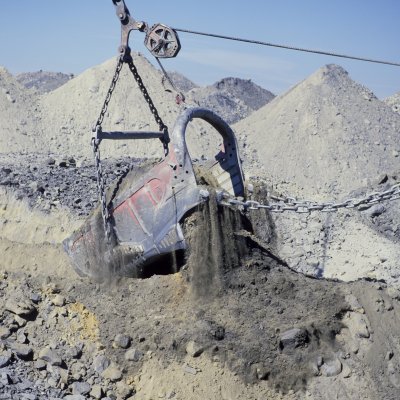 The Japan Coal Development Australia Pty Ltd (JCDA) has made a philanthropic gift in support of research conducted by two SMI PhD students valued at $5000 each.
The Japan Coal Development Australia Pty Ltd (JCDA) has made a philanthropic gift in support of research conducted by two SMI PhD students valued at $5000 each.
SMI selected the following students to receive the support:
Amelia Hine – Centre for Mined Land Rehabilitation
Title: Shared Visions: Curating the future landscapes of coal
Amelia’s PhD project aims to trace and overlay isolated scientific, economic, political and social interpretations of the landscape of the open-pit coal mine. Each perspective frames the landscape of the mine in relation to its own disciplinary knowledge base, and the resulting lack of shared understanding limits the future vision for the landscape both during and post mining. Focusing on the evaluation stage of the life of mine, my research will conduct qualitative and quantitative social and geographic studies within the context of a chosen site. These studies will guide the creation of a multilayered topographic model of the landscape and its future potential, with each layer reflective of a disciplinary narrative. The model will act as a tool for interdisciplinary communication and shared understanding between social groups.
Research funds will assist in the resourcing of materials for conducting qualitative studies, in the further development of advanced mapping and modelling skills in ArcGIS, AutoCAD and 3D Studio Max or Rhino 3D, and potential 3D printing of the finished models.
Miguel Alvarado – Centre for Mined Land Rehabilitation
Title: Development of a low cost airborne sensing system to monitor dust particles for coal mining activities
Miguel’s investigation focuses on the use of small unmanned aerial vehicles (UAVs) carrying atmospheric sensors to sample air inside and outside dust plumes produced by different coal mining activities. The data collected will be used to characterise the plumes in near real time, and as inputs to calculate emission factors. Data will also be used to create mathematical models that could help prevent possible risks to human health. This methodology will provide micrometeorological and plume data not measurable with the existing methods, increasing the accuracy of the final results.
Research funds will be used to continue developing the dust monitoring system and travel to conferences.



